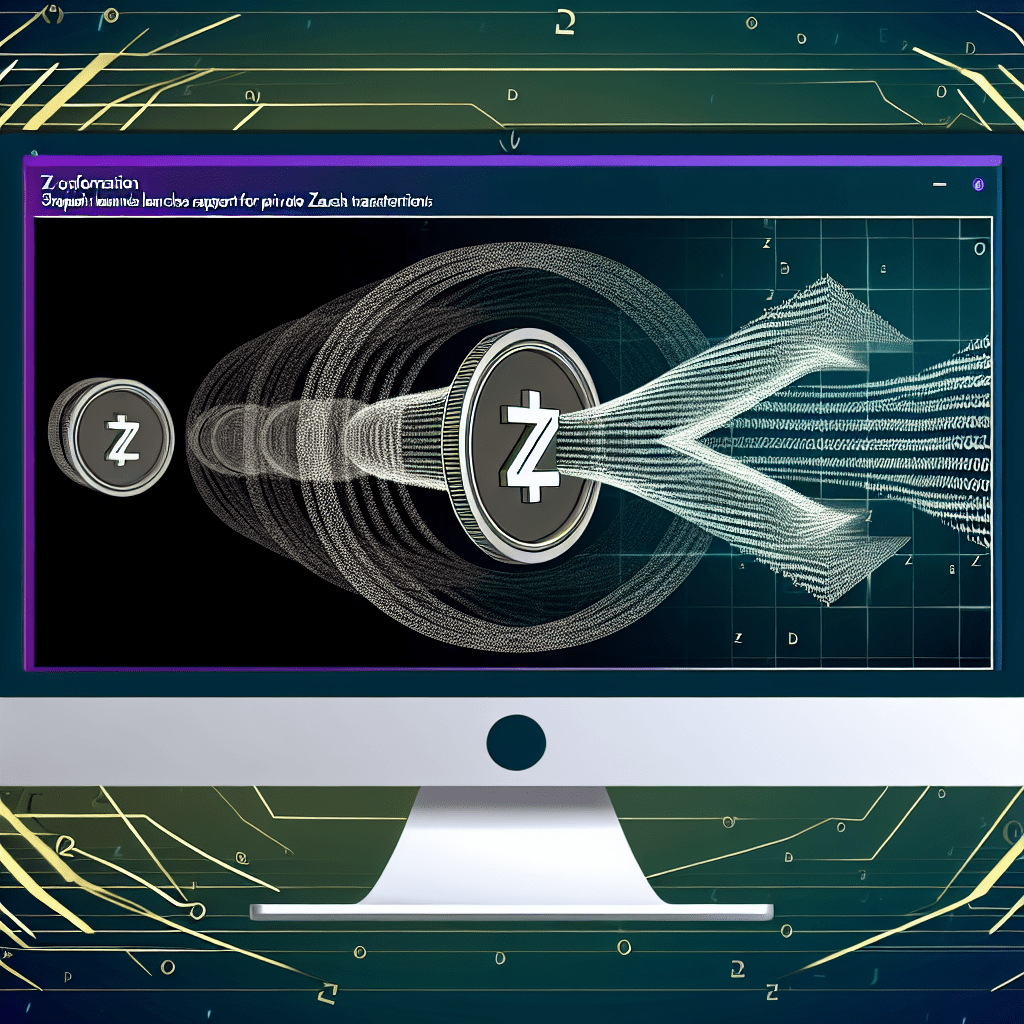Multichain DEX aggregator Shapeshift has announced its support for shielded (private) transactions using the Zcash privacy cryptocurrency.
According to a Thursday announcement shared with Cointelegraph, ShapeShift’s self-custodial decentralized exchange (DEX) aggregator and self-custodial wallet now facilitate Zcash (ZEC) shielded transactions. This news comes as Zcash Community Grants allocated $50,000 to back ShapeShift’s technical and marketing efforts.
The organization aims to “provide true privacy on-chain for its users” with this new initiative.
This follows ShapeShift’s 2020 decision to delist anoncoins, or privacy coins, due to regulatory pressures. This was prior to the company’s shift to a decentralized model, which relieved users of Know Your Customer requirements the following year.
“Integrating shielded ZEC into ShapeShift DAO broadens access to unstoppable private money,” said the Zcash community grants team. “It offers the ShapeShift community a decentralized way to obtain and use ZEC without depending on centralized exchanges, perfectly aligning with the values of privacy, freedom, and self-custody that Zcash was designed for.”
Related: EU to ban anonymous crypto accounts and privacy coins by 2027
The infrastructure
A ShapeShift decentralized autonomous organization (DAO) representative stated in the Zcash forums that “ShapeShift today is a DAO, not the centralized company that [it was] back in 2016.”
“Back then, regulatory pressure did lead to ZEC being delisted, but that was under a totally different structure. Now, ShapeShift DAO is community-governed, fully open, and building in public.“
Shapeshift utilizes a node network provided by blockchain infrastructure firm Liquify for execution. The DEX aggregator also revamped its application interface “into a more streamlined, Uniswap-style swapper optimized for mobile.”
Related: Zcash founder joins Shielded Labs, pushes for hybrid PoS upgrade
Crypto privacy faces mounting pressure
Arthur Firstov, chief business officer at crypto payment processor Mercuryo, conveyed to Cointelegraph that “privacy is the foundation of trust.” Zcash employs zero-knowledge proofs (ZK-proofs) to enable optional shielded transactions where the amount sent, the sender, and the receiver are kept private.
Since its launch in late 2016, ZK-proofs have gained traction as a development focus. Firstov clarified that such “proofs allow a user to demonstrate that something is true without disclosing their data.”
However, applications that emphasize financial privacy frequently draw the ire of regulators. Recent mid-September reports indicate that the European Union’s comprehensive Anti-Money Laundering regulations are likely to ban privacy-preserving tokens and anonymous crypto accounts beginning in 2027.
Some experts argue that regulatory actions may exacerbate the situation. Ki Young Ju, CEO of crypto analytics firm CryptoQuant, noted in May that demand for censorship-resistant “dark stablecoins” could rise as governments intensify their oversight of the sector.
Magazine: EU’s privacy-killing Chat Control bill delayed — but fight isn’t over

